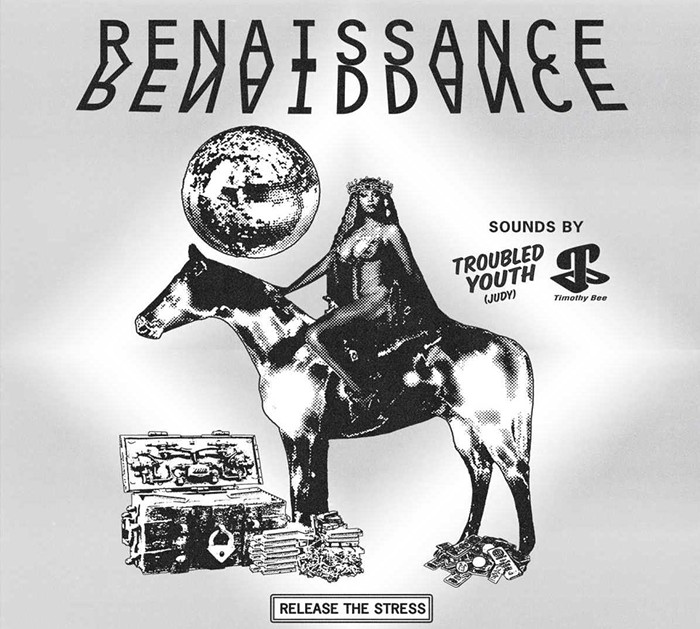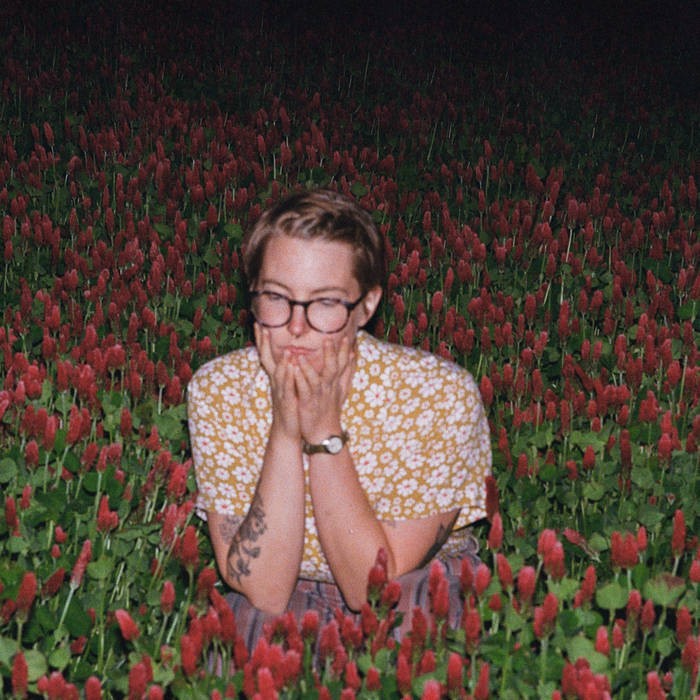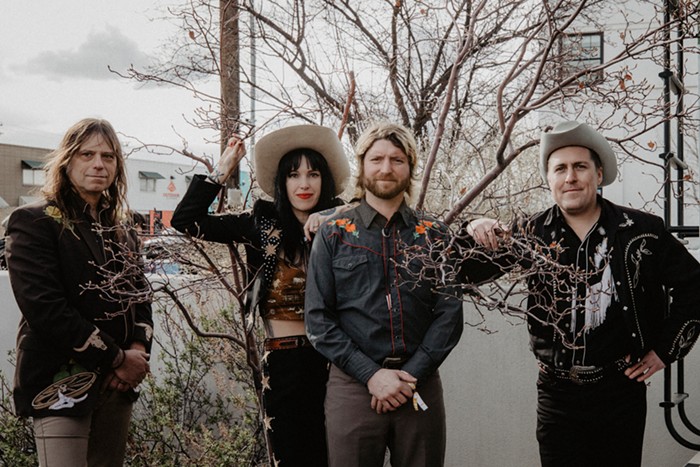"You know the Clipse—we're pretty much standoffish as far as other emcees go," spouts Gene "Malice" Thornton, the shorn half of the Virginia Beach rap duo. Speaking five years to the day after he and his younger brother Terrence "Pusha T" Thornton dropped their debut, Lord Willin', and less than a year since they willed their long-shelved follow-up, Hell Hath No Fury, onto the open market, Malice reconsiders his hauteur. "We respect all emcees, actually. Just to even be in this field, it takes a lot from you."
But Malice doesn't dwell on Clipse's well-documented label drama; instead, he spews on their exceptionalism amongst the crowded rap pack that sings the praises of selling and snorting coke. "If all that you get from the premise is 'cocaine'—and I'm not acting like it's not—there's so much more than that. Every chance we get, we try to say something to spark something in the minds of the younger cats that are listening and heavily influenced by the Clipse."
Clipse have seduced many a critic, as well as a faithful hipster following—recently sharing billing with a number of alternative and indierock powerhouses—but in this post-Imus moment they are a bit anxious about the rumblings in the black community about hiphop's social influence. Where Malice was quick to distinguish Clipse from their peers and progeny, on this question he closes rank, calling the criticism of cursing and other objectionable content "mudslinging," and expressing more than a little concern with some nuanced implications.
"Everybody tries to censor rap... like we as black people aren't responsible enough to listen to a record with some curses in it." But when it comes to misogyny, Malice—at an uncharacteristic loss for words—is less self-righteous, admitting, "I guess there are times where we could be accused of that." Spoken like a true conflicted artist.


















